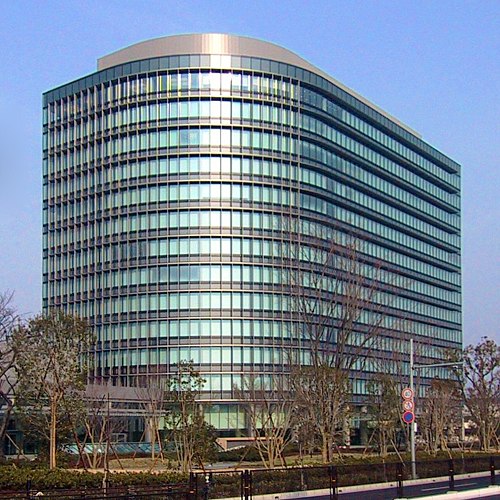Monsanto Held Liable for Causing Terminally Man’s Cancer, Ordered to pay $289 Million
On Friday a California jury found Monsanto guilty in a case against a former Benicia School District groundskeeper suffering from terminal cancer after use of their products.
Dewayne Johnson, the 46-year-old former groundskeeper, filed a lawsuit that alleged that the company’s glyphosate-based weedkillers, including Roundup, caused his cancer.
After eight weeks of trial proceedings and two and a half days of deliberation, the jury found Monsanto guilty of failing to warn consumers of the cancer risks posed by its weedkillers containing the chemical herbicide. The Superior Court jury awarded Johnson $39 million in compensation and fined Monsanto $250 in punitive damages.
During his employment with the Benicia School District starting in 2012, Johnson had worked as the integrative pest manager. Part of the job involved spraying the Monsanto products in bulk 30 times a year, sometimes for several hours a day. After just two and a half years into the job, he was diagnosed with non-Hodgkins Lymphoma.
According to a report by Reuters, Brent Wisner, a lawyer for Johnson, jurors had seen internal company documents “proving that Monsanto has known for decades that glyphosate and specifically Roundup could cause cancer.”
The internal Monsanto emails demonstrated how the company repeatedly ignored experts’ warnings and helped “ghostwrite” research in their favor.
Scott Partridge, Vice President of Monsanto, released a statement following the conclusion of the case.
“We are sympathetic to Mr. Johnson and his family. Today’s decision does not change the fact that more than 800 scientific studies and reviews – and conclusions by the U.S.,” Partridge wrote. “Environmental Protection Agency, the U.S. National Institutes of Health and regulatory authorities around the world – support the fact that glyphosate does not cause cancer, and did not cause Mr. Johnson’s cancer. We will appeal this decision and continue to vigorously defend this product, which has a 40-year history of safe use and continues to be a vital, effective, and safe tool for farmers and others.
Monsanto is facing more than 4,000 similar cases across the US, Johnson’s lawyers said. Another similar trial is scheduled this fall in St. Louis, Missouri.




